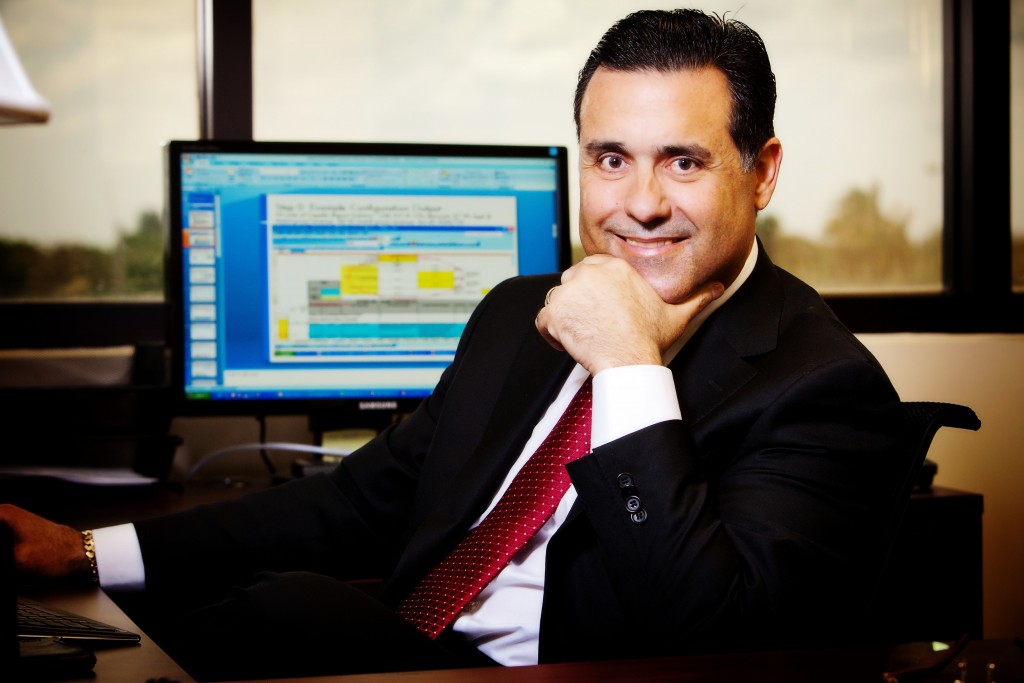There’s been a DIY vs Accountant trend in many industries because people are trying to conserve money
Taxpayers can’t fill their own teeth or cut their own hair, yet in recent years at least some 30 million Americans filed their tax returns from home computers versus hiring a Accountant.
Earlier this year an online Accountant survey revealed that 43 percent of Americans now file taxes from the comfort of their home.
The Accountant survey noted that a digital tax-prep tool is the most popular option among tax filers, with more than a third. Tax-filing software is a popular option most likely due to the lower costs associated with filing digitally, as well as the ease of using a program to automate calculations and file online. Only 28.5 percent of respondents said a Accountant files their taxes.
That supposed “ease of use” seems to motivate many self-filers. Many people who self-file believe they can buy software and it will automatically prepare a correct return. And it will if that person has a clear understanding of their own source documents, accounting, and the question presented on the screen. That could not be farther from the truth states Miami Accountant Gustavo A. Viera.
Have you ever sat down and seen how long it takes people to use software such as TurboTax? A return that I could have input, printed, and e-filed in five minutes [can take] 90 minutes to complete on TurboTax, and then you can’t see the completed return until you e-file. I don’t see self-filing cutting into my business, but I charge a minimum of $250 a return so I can devote myself to my existing clients.
DIY vs Accountant Cost – Not even close
The main reason I am concerned about the increase in self-filing is that they are wrong wrong wrong! I can’t imagine how much money the IRS is unable to collect because of the antics of self-filers. They post on the wrong forms and lines, don’t pay SE tax when required, and take ridiculous deductions that are not even close to tax law.
I’m concerned for those who self-file in that the code is getting so complex that they’ll find themselves in situations of hearing from the IRS with errors and penalties due. I am not concerned that it will cut into my Accountant practice. We may prepare fewer returns but may also find ourselves helping more taxpayers who’ve received correspondence from the IRS. This is where the fees really start to stack up.
Accountant IRS Representation Is UP
Representation work is proving just one of the unintentional benefits for Accountant from self-filing. Although I’ve had folks do their own returns in the last five to 10 years, inevitably they end up coming to me with the mandatory IRS letter, not understanding what they did wrong. And once burned, they usually end up using our services from then on.
More people doing their own income tax preparation means more audit and appeal representation work for the Accountant.
Show them the value of a Accountant
Viera sees a few varieties of DIY filers –- and noted some ways to turn them into paying clients.
The changes come in whenever they have a chance, see how we handle it, and then go back to self-preparing. If we build a good relationship with these clients, at some point they’ll stop doing it themselves or they’ll refer others that don’t want to do taxes themselves.
Fixers’ are the ones that have the Accountant fix what they’ve messed up. They usually become great clients after their first IRS scare. The not a chancers would never consider doing it themselves.
There are a lot of different types of clients out there. If a Accountant can show them value in what we do and educate them on why they need us, we will always have enough tax clients.
I spend more time now educating my clients about their own errors after the fact then preventing the errors upfront. Often, untangling those errors will require more work than to have prepared the return correctly in the beginning, so those self-filers are actually adding to my billable hours and bottom line.

